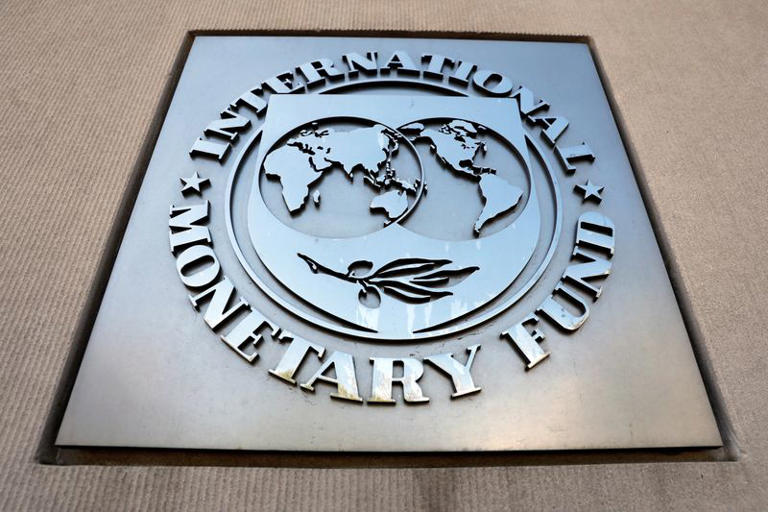An International Monetary Fund (IMF) mission is set to arrive in Pakistan on Wednesday for the second and final review of a $3 billion standby arrangement, according to two sources familiar with the matter.
The four-day review is scheduled to commence on Thursday, as confirmed by two officials from the finance ministry who spoke on the condition of anonymity due to the sensitivity of the information. Last summer, Islamabad secured this crucial rescue package to prevent a sovereign default.
If the upcoming review proves successful, it is expected to unlock a tranche of approximately $1.1 billion.
Prime Minister Shehbaz Sharif has already instructed his finance team, led by newly appointed Finance Minister Muhammad Aurangzeb, to begin preparations for seeking an Extended Fund Facility (EFF) once the standby arrangement expires on April 11.
Aurangzeb informed reporters that the team would arrive this week, although he did not specify the exact date, as reported by the Dawn daily.
The IMF has indicated its willingness to develop a medium-term program should Islamabad express interest in one.
The finance minister expressed Pakistan’s keenness to commence discussions on another EFF during the upcoming talks with the IMF. Additionally, he mentioned that further negotiations regarding the larger and longer-term program would take place on the sidelines of the IMF and World Bank’s spring meetings scheduled for April in Washington.
During the review, Aurangzeb stated, “We would at least kick-start the process and get this going. Let’s see how they respond.”
Aurangzeb, selected over several other contenders, including former four-time finance minister Ishaq Dar, faces the daunting task of bringing stability to a country plagued by crippling boom-bust cycles, which have resulted in over 20 IMF bailout programs in the past.
The debt-laden economy, which contracted by -0.2% last year and is projected to grow by around 2% this year, is grappling with severe challenges including low reserves, a balance of payment crisis, inflation rates at 23%, policy interest rates at 22%, and a record depreciation of the local currency.
